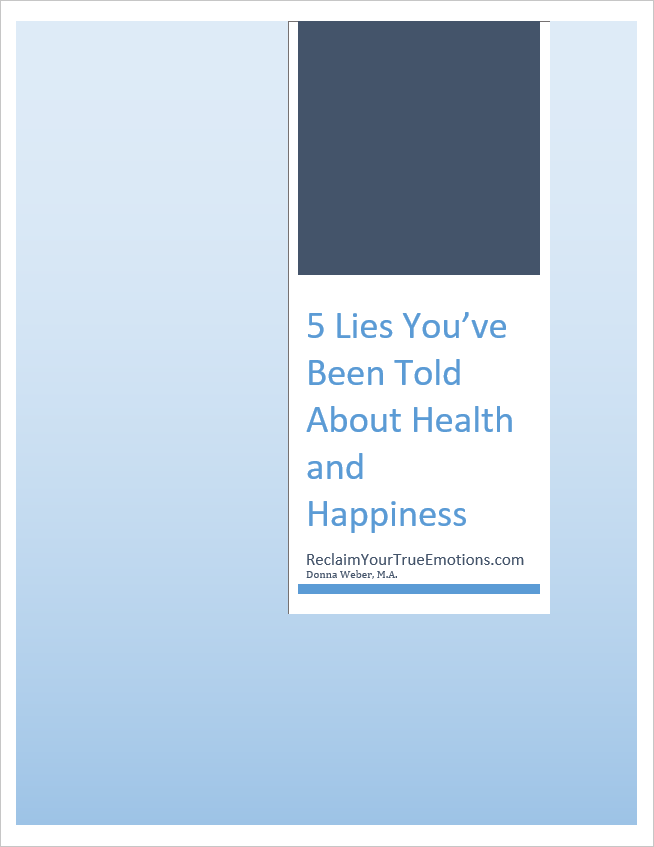I recently read that Botox is being used to treat depression. At first I thought this might be a joke, but it’s true. In an article in Psychology Today, Eva Ritvo, M.D. said “…Botox may be an effective treatment for depression.”
After I thought about it, I realized that Botox could relieve symptoms of depression. Symptoms is the key word here.
I am going to tell you why I think this treatment works and why you might want to stay away from it.
Facial expressions and emotions are linked
When someone is depressed you can see it on their face. This is not just your imagination.
Researcher Paul Ekman discovered that our facial expressions are tied to our emotions. When you feel depressed, your face expresses that depression.
In a New York Times article Ekman said he did not believe that Botox could limit emotions. He also felt that “Limiting facial animation may make people less appealing.”
Check out the link between facial expressions and emotions
Don’t take my word for this. Try it out for yourself. We will use anger for our experiment. Put an angry expression on your face. Give it a minute or so. Is your body reacting? Are you tensing up? Are you feeling angry?
If you put an angry expression on your face you start to feel angry. If you remember a time when you felt angry, your face expresses that emotion. It doesn’t matter where you start. You end up looking angry and feeling angry.
I don’t want to leave you there. Put smile on your face. Sit up tall and pull your shoulders back. Are you feeling better?
How Botox might relieve symptoms of depression
Botox is made from a powerful toxin which is the same toxin that causes a life-threatening type of food poisoning called botulism. Botox works by paralyzing muscles or blocking nerves in the face. The effects last about four months. This information comes from MedlinePlus.
Here is one theory of how Botox might relieve the symptoms of depression. If you are unable to put a sad expression on your face then you won’t feel sad or depressed.
Why limiting your facial expressions might be a bad idea
Your emotions are not something to be avoided. You want to feel a full range of emotions. If you can’t feel sad, how can your grieve a loss? If you can’t feel angry, how will you know when you are being mistreated? If you can’t feel guilt, how can you learn to be a better person?
If you are having life issues, your emotions have important information for you. They help you know when it is time to look for another job or look for a couples therapist to save your marriage. If you don’t feel good about yourself, your emotions can get you into therapy or your can explore personal growth workshops and self-help methods.
Your emotions are valuable resources. You do not want to stuff them or paralyze them.
Problem emotions may not be from the present moment
We have two kinds of emotions: emotions from the present moment and emotions from the past. Emotions from childhood are stored in your body and continue to affect you. According to Candace Pert, these emotions are stored at the cellular level. To read more visit my post Emotions Communicate Through Your Senses.
It is important to know whether your emotions are from the past or the present moment. If your emotions are from the past, you want to release them so that you can get accurate information from your emotions.
If you limit your ability to feel your emotions through Botox or repressing them, your body does not automatically release emotions from the past. Your cells continue to experience depression and other negative emotions.
What can you do?
If you are depressed, I recommend getting treatment from a mental health professional in your community. Therapy can help you get to the root of the problems.
If you are struggling with emotions from your past, you can explore the poetry of emotion process. When your emotions are from the present moment, they become valuable resources for creating the life you dream about.
To read more…
(Image: Rudy Herman @ Flickr http://www.flickr.com/photos/roodee/3346775346/)



